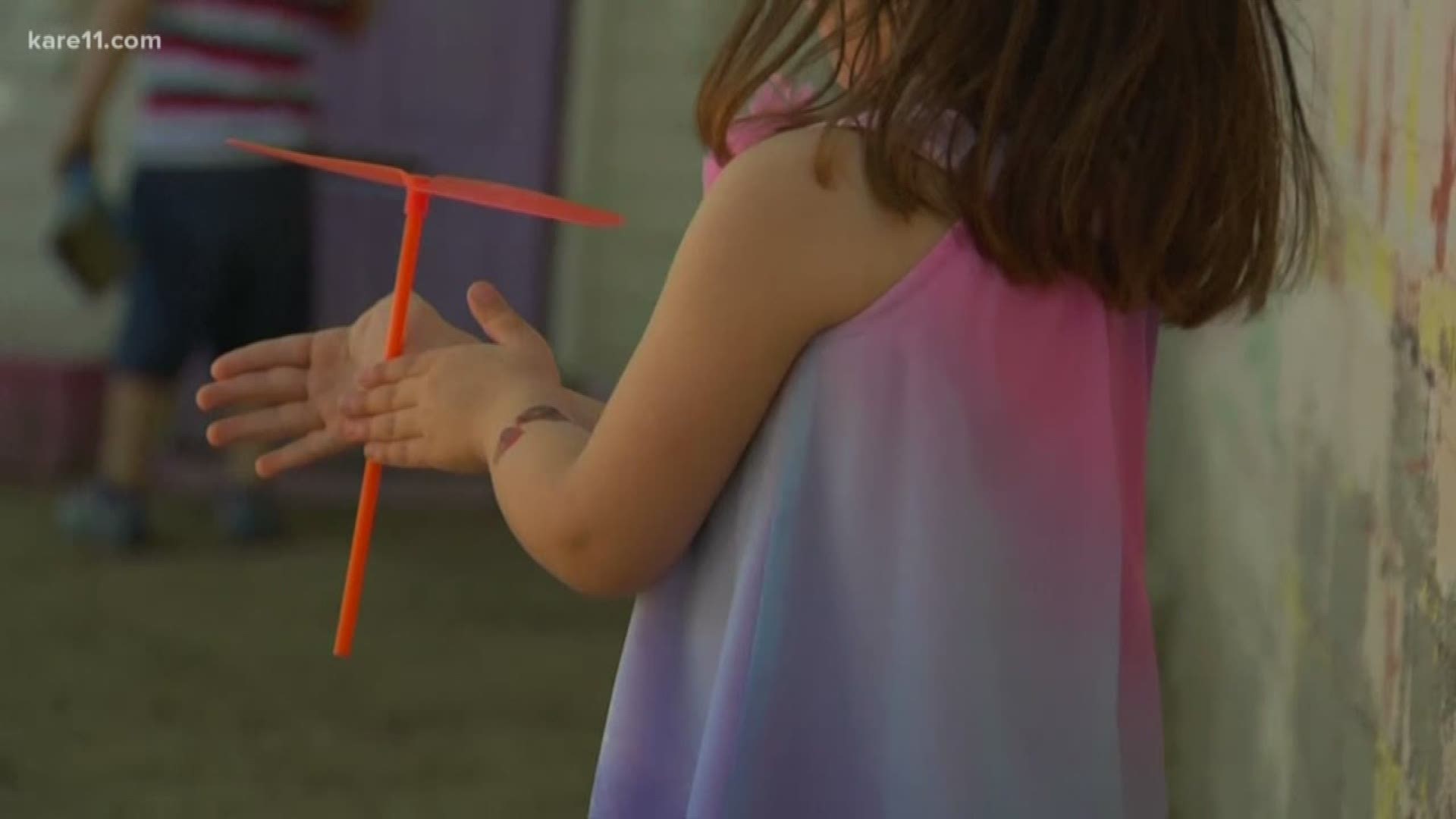Child-rearing advice used to be, “spare the rod, spoil the child.” Now it’s just, “spare the rod.”
Approval of disciplining children by spanking is sinking at the same time studies demonstrate its ineffectiveness and potential for harm, according to a report by the American Academy of Pediatrics.
The report, which documents many studies on child discipline, gives guidelines to pediatricians on advising parents, who increasingly are turning to them for advice in managing their children’s behavior.
“Although many children who were spanked become happy, healthy adults, current evidence suggests that spanking is not necessary and may result in long-term harm,” according to the study.
Physical discipline is ineffective at correcting behavior in the long term, and its use is associated with increased aggression in preschool and school-age children as well as increasing the risk for mental health and cognitive disorders, among other ills.
Pediatricians should discourage the use of physical punishment either as a behavioral consequence or out of anger, the report said. Further, “nor should they use any disciplinary strategy, including verbal abuse, that causes shame or humiliation.”
Although the report makes a distinction between corporal punishment and child abuse, parents might not always be equipped to make that distinction. Last month in Houston, 2-year-old Hazana Anderson was beaten to death by her mother and her mother's boyfriend, apparently in a misguided attempt to discipline the child.
The AAP report directs parents to child-rearing tips and guidance on healthychildren.org.
10 Healthy Discipline Strategies That Work is a toolkit for parents and includes such advice as:
- Show and tell: Model the behaviors you want your child to learn
- Set limits: Have clear and consistent rules for your children, and explain them in age-appropriate terms they can understand.
- Give consequences: Calmly explain consequences for misbehavior. For example, if the child doesn’t pick up his or her toys, you will put them away for the rest of the day. However, the consequence shouldn’t withhold necessities such as meals.
- Call a timeout: Removing children from a situation can be an effective tool when a specific rule is broken. It works best if parents warn children they will get a time out if they don’t stop, remind them what they did wrong in a few words and with as little emotion as possible. One minute per year of age is a good general rule for length of time out.
- Catch them being good: Notice good behavior and praise success and good tries. Be specific.
For parents who have tried everything and are at the end of their rope, counseling or therapy with a child behavior focus might help.
Sacramento Parent magazine featured the Parent-Child Interactive Training program, designed to “successfully coach caregivers through some of parenting’s biggest struggles.”
Dr. Tanda Almont, a licensed clinical psychologist, founded the Monarch Center to help struggling families learn better parenting skills and effective discipline techniques.
Parent-Child Interactive Training is an intensive program that coaches parents in techniques in real time in a clinical setting and with assigned homework to practice between sessions. It offers alternatives to “bribing, spanking or yelling in an effort to reduce (children’s) negative behaviors.”

